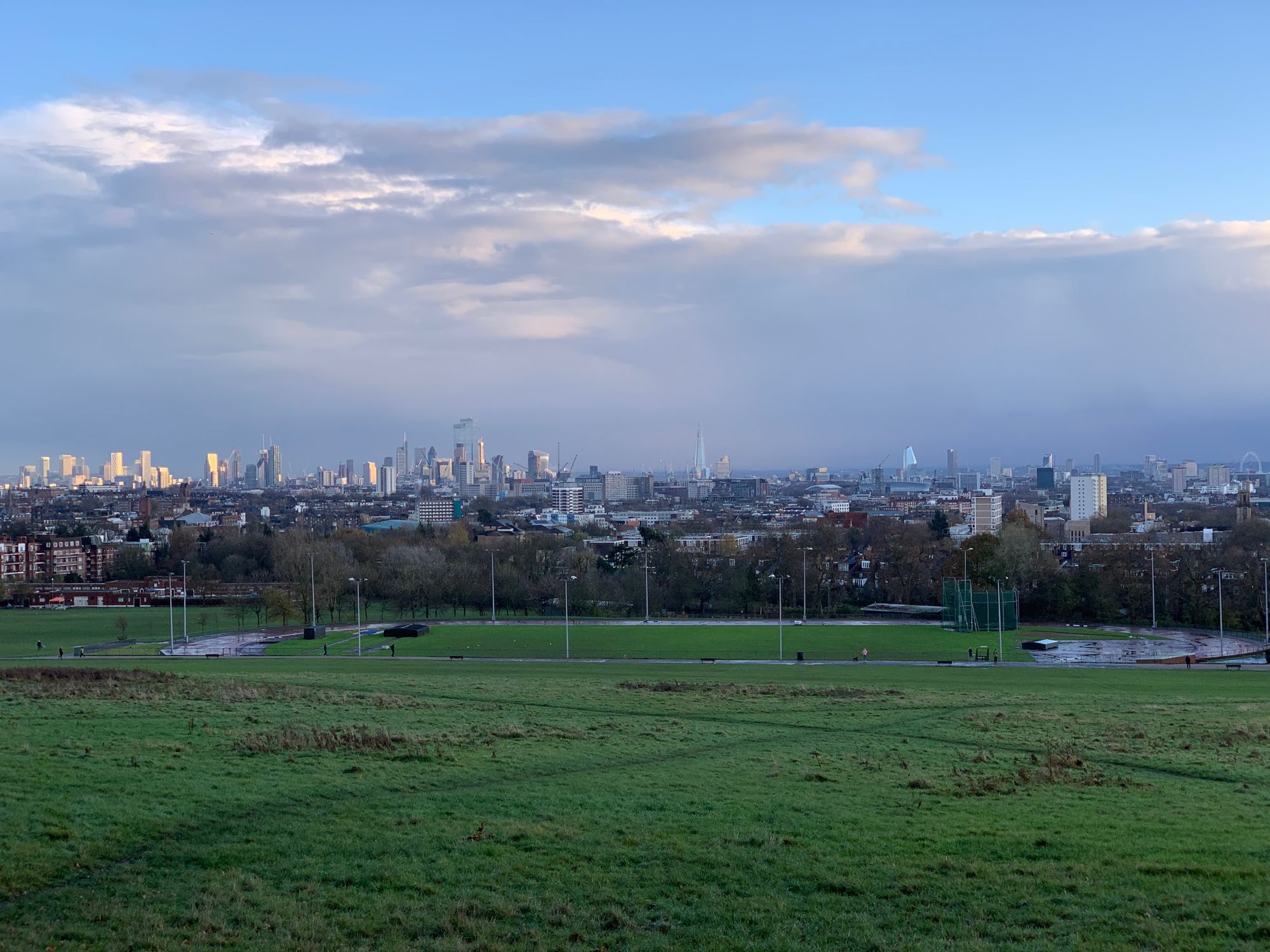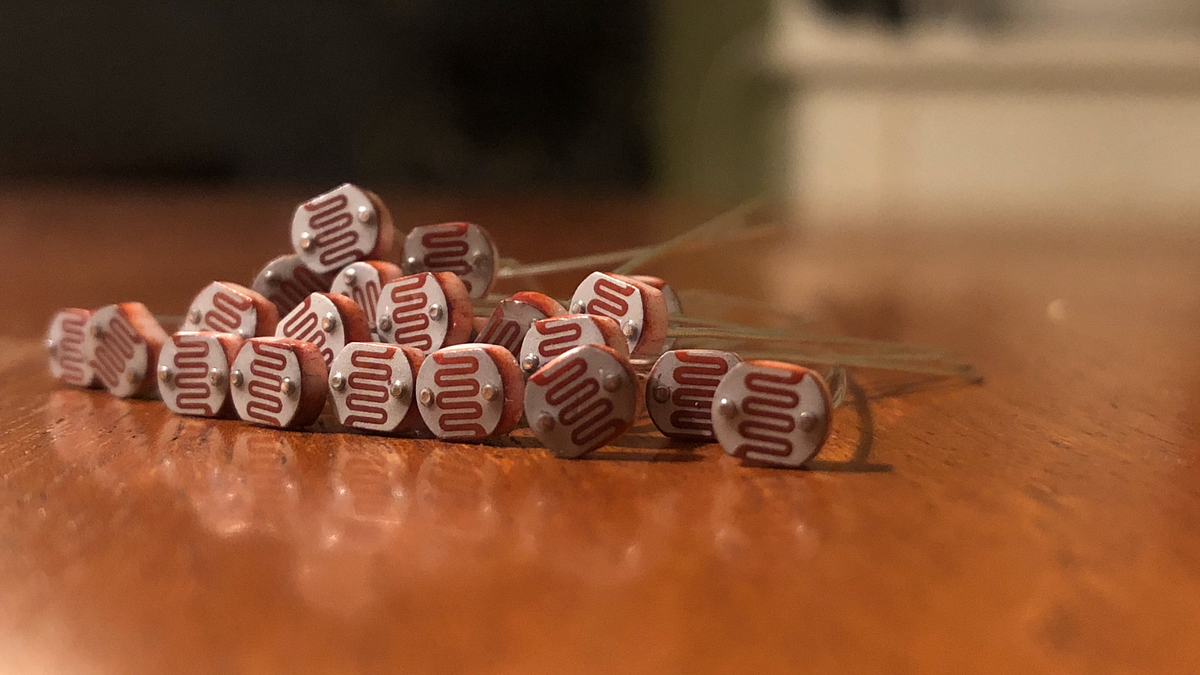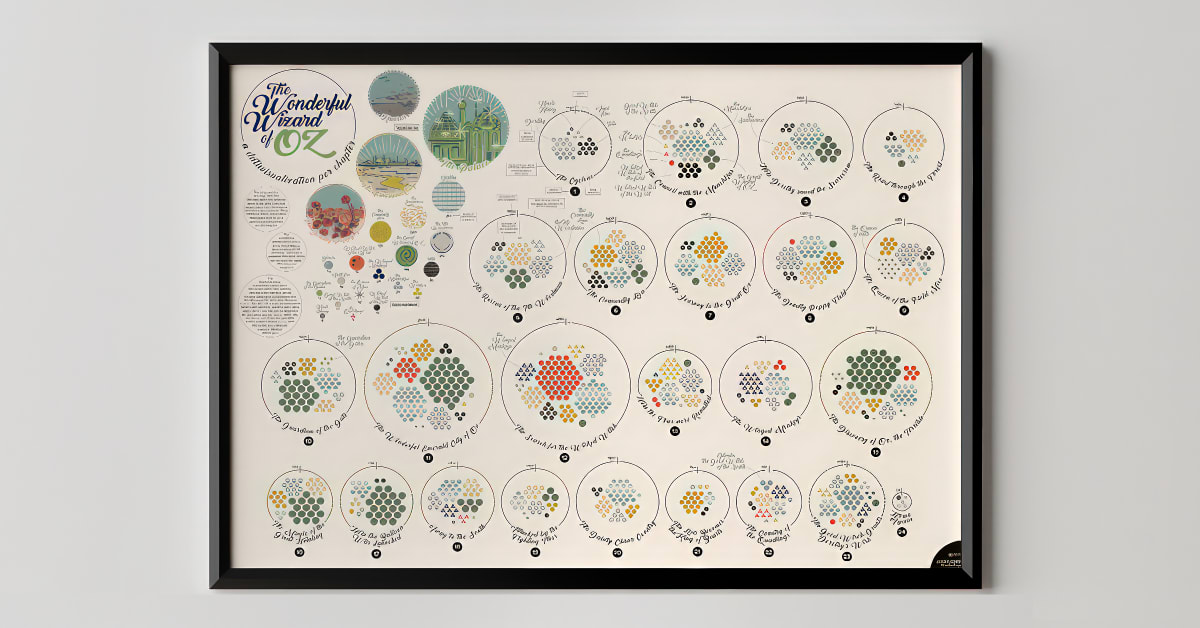Tenday Notes 1 Dec - 10 Dec 2021

Every ten days I share a quick digest of what I've been working on and reading. Here's the latest. More in the series here. Want them in your inbox? Sign up.
It's that time of year when I start thinking about how I want the next year to go, and coincidentally I just came across the concept of a Depth Year - a year when you go deeper, rather than wider:
You improve skills rather than learning new ones. You consume media you’ve already stockpiled instead of acquiring more. No new hobbies, equipment, games, or books are allowed during this year. Instead, you have to find the value in what you already own or what you’ve already started. Drill down for value and enrichment instead of fanning out. You turn to the wealth of options already in your house, literally and figuratively.
I have plenty of things I want to get deeper into and no major appetite to aquire a lot more stuff at the moment, so this is tempting.

Tom Whitwell's annual list of things he learnt this year is up, and as usual it's excellent. Some personal favourites:
- "Productivity dysmorphia is the inability to see one’s own success, to acknowledge the volume of your own output."
- "The battery in the new electric Hummer will weigh almost as much as an original Land Rover."
- "We produce 200x more new computers per second than new human beings."
- "The median estimated body-mass index of cabinet ministers is highly correlated with conventional measures of corruption."
- "Privacy seems to be connected to productivity. An experiment in a phone factory showed that putting curtains round workers on a production line increased output by 10–15%."
- "Adding nature imagery (grass, trees, rainbows) to a pitch document seems to increase the likelihood of investment a little."

This is your regular reminder that Twitter doesn't have to be an awful hellhole that gets you angry at the world. My top tips:
- Don't go on Twitter first thing in the morning or last thing at night.
- Mute words liberally and frequently. I mute a lot of words that are associated with current political issues (including "covid") and it takes a lot of rage out of my timeline. You can even set the mutes to cancel automatically after 30 days.
- Follow people who share cool, inspiring stuff and talk about how excited they are about things. Unfollow people who complain or make grand political statements all the time. If they're your friends, and it'd be embarrassing to unfollow, then mute them instead.
- Where possible, use an extension that removes Twitter's worst UI issues. I use Tweak New Twitter for Firefox, and something similar definitely exists for Chrome and Safari. It removes algorithmic content from the timeline, hides news & trends, and lets you control which shared tweets appear on your timeline. It's a godsend.
What other steps do you take to tame your social networks' worst features?
My friend Sonja is someone I really admire in the field of dataviz - she's done fantastic work on mental health, mascara, and 80s movies. I'm always amazed by her creativity and passion.
Well, now she's released a course on Domestika about turning information into art. Why not buy it for yourself or someone you love this Christmas?

Low Traffic Neighbourhoods - where streets are closed at one end wth filters that allow cyclists and pedestrians to pass but not cars - have become a "hot topic" (i.e. culture war) in Britain over the last couple of years. They're something we campaign on at Possible, the climate charity I work for, as part of our Car-Free Cities campaign.
While they're often unpopular before they're installed, they tend to become wildly popular once people actually live with them for a little bit. Case in point - the total reversal of opinion among residents in South Fulham between September 2020 and September 2021, which I charted the other day. Opinion shifted from 87% opposed to traffic reduction measures to 91% in favour, an enormous swing.
We are pleased to see that the residents of South Fulham overwhelmingly support local traffic reduction schemes.
— Possible (@_wearepossible) December 7, 2021
A year ago there was anxiety around LTNs, but after experiencing the benefits the residents want to see even more measures to reduce traffic. pic.twitter.com/sN8SyZZTLF
This is part of a wider pattern we're seeing, where the longer people live in low-traffic environments, the more they value them.

Finally, if you're into weird maps (and who isn't?) then you're going to enjoy this interview with the creator of a map of the mythical creatures of Europe, and how he's currently gathering data to make a similar map for Africa.
The most common mythical creatures also have their own habitats. Imps are supposed to reside in bogs and swamps, fairy maidens are often associated with lakes and meadows where thick fogs are seen at dusk and dawn. Giants and devils leave their footprints on stones. Giants are usually mentioned in association with hills and lakes they have created. It could be said that our mythical creatures are indeed closely related to nature.

I'm going to take some time off this series for Christmas, so you'll next hear from me in early January. See you then!






